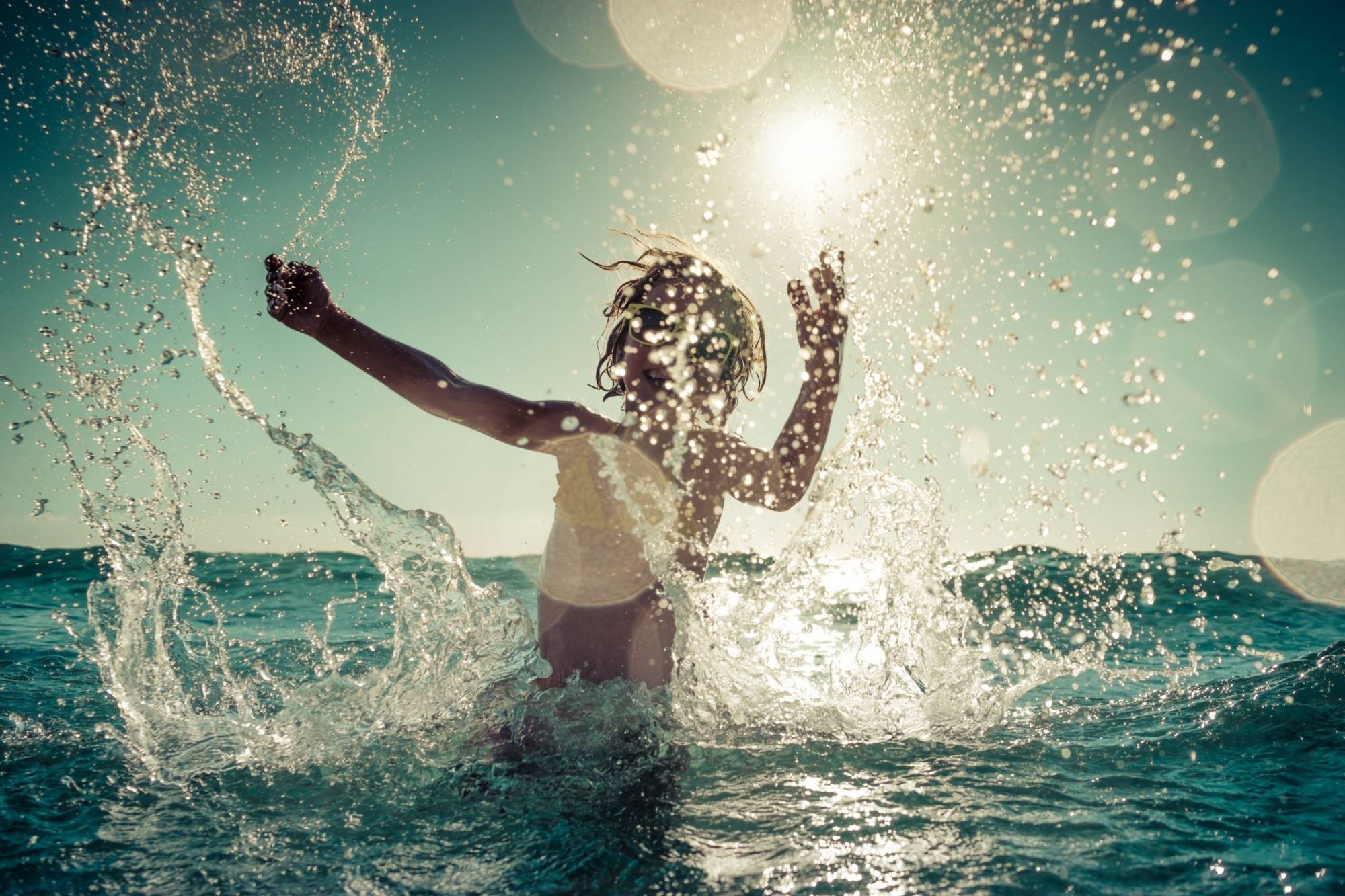Swimming in lakes, rivers, or even the ocean is a great summertime treat for children and families, but there are many additional dangers when swimming in open water. In order to ensure a healthy and safe summer for all, the Prairie Lakes Emergency Department offers the following Open Water Summer Safety Checklist:
- Watch kids when they are in and around open water. Make sure to limit distractions and keep young children and weak swimmers within arm's reach of an adult. Make sure older children swim with a partner every time.
- Designate a "Water Watcher". If there are several adults present, chose one to be responsible for watching the kids in or near water for a specific amount of time - for example,15 minutes. Then switch to another responsible adult for another 15 minutes, etc.
- Teach children how to swim. Every child is different, so enroll children in swim lessons when they are ready - consider their age, development, and how often they are around water.
- Make sure kids learn water survival skills. Children should be able to do the following five things:
- Step or jump into water over their head and safely return to the surface
- Turn around in the water and orient to safety
- Float or tread water
- Combine breathing with forward movement in the water
- Exit the water
- Teach children that swimming in open water is different than swimming in a pool. Know the hidden hazards of open water such as limited visibility, sudden drop-offs, uneven surfaces, currents, and undertow.
- Use designated swimming areas and recreational areas whenever possible. Look for posted signs about open water hazards. Also look for signs that say when lifeguards will be present.
- Wear a U.S. Coast Guard-approved life jacket when boating or participating in other water activities. Pay careful attention to select a life jacket appropriate for your child's age and water activity. Weak swimmers should wear a life jacket anytime they are in or around water.
- Learn basic water rescue skills and CPR. It is vitally important to know how to respond to an emergency without putting yourself at risk of drowning.
